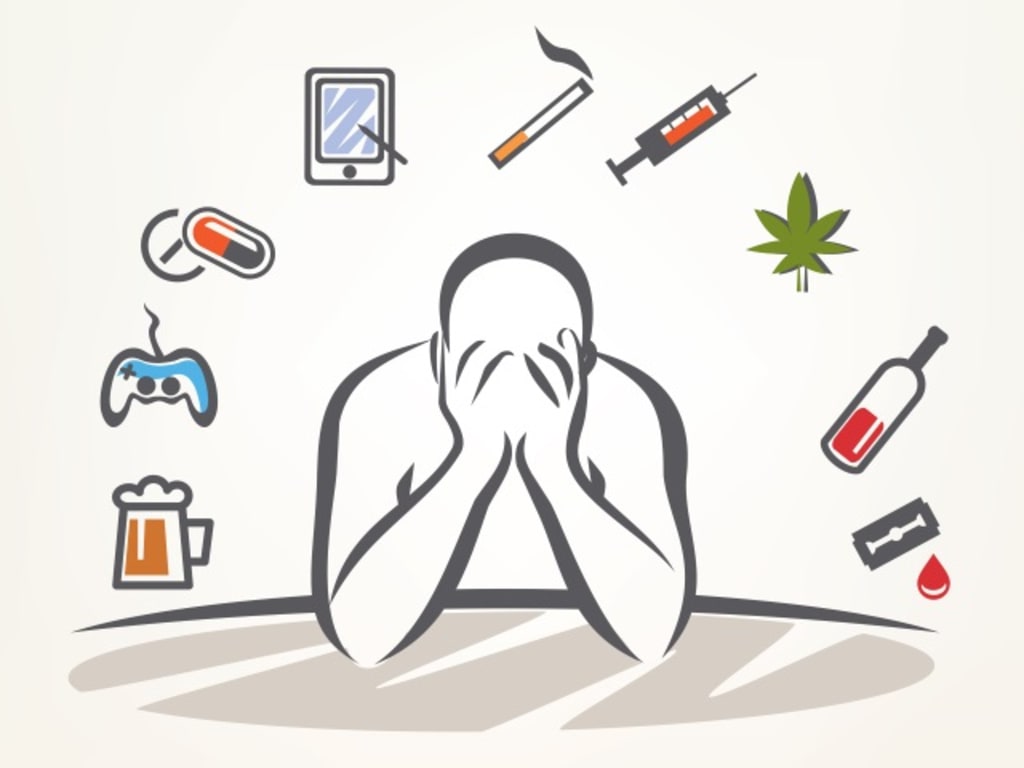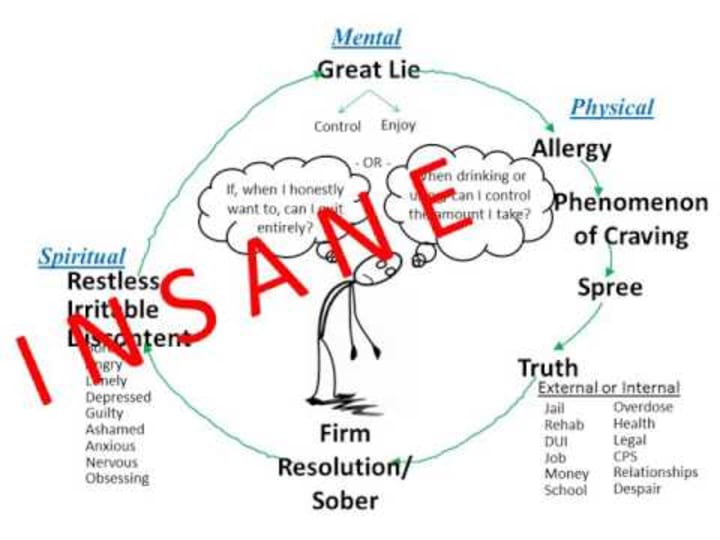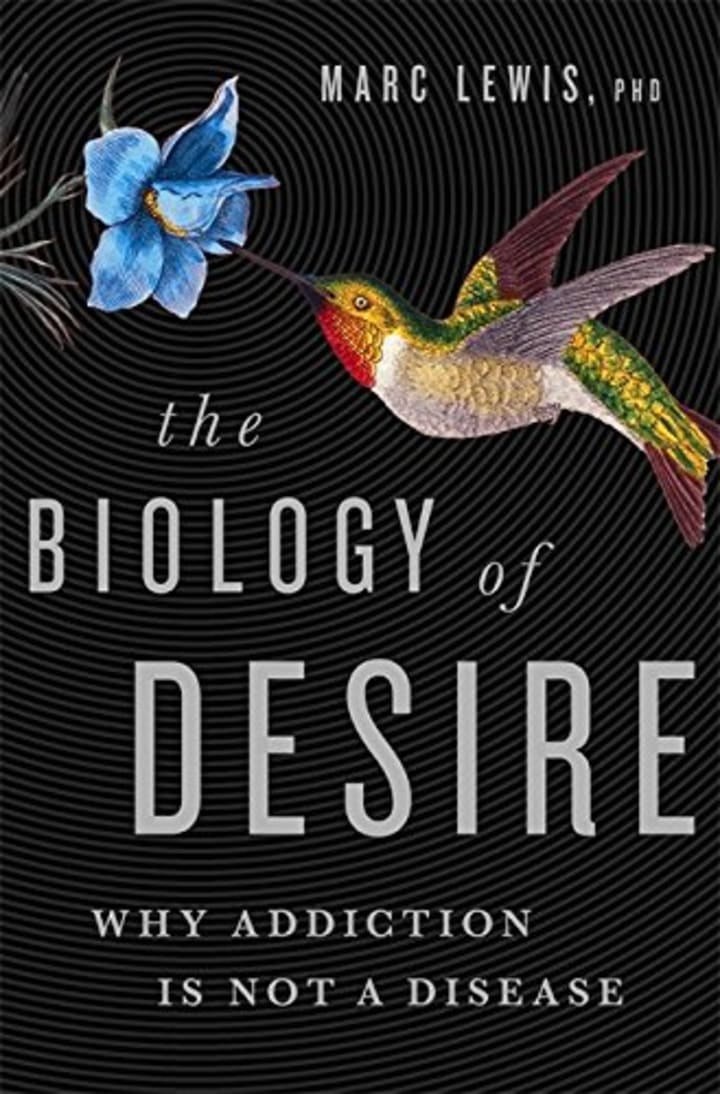

Disease Concept of Addiction
Have you ever heard someone say, “Alcoholism runs in my family”?Anyone familiar with the rooms of Alcoholics Anonymous is familiar with the disease concept of addiction. Here, addiction is described as an allergy where you breakout in cravings instead of hives. At the inception of this idea, little was known about the neuroscience of addiction or how to cure it. Alcoholics Anonymous suggests that it is not only a disease but a spiritual malady that has no known medical cure and can only be overcome by acceptance of a higher power. I never really did completely buy that so instead I bought myself a copy of “The Biology of Desire” to do some investigating.
What Fires Together Wires Together

Marc Lewis, a neuroscientist and developmental psychologist, attempts to shed a new light on addiction in his book “The Biology of Desire”. The popular phrase in neuroscience “what fires together wires together” is used here to define addiction. This means that whatever habits are constantly being reinforced are what sticks. When you constantly reinforce a habit then it becomes more and more ingrained in your brain. He says that addicted brains are actually doing what brains are supposed to do: form neural pathways then follow the path of least resistance. Sure, addiction changes the brain, but so does learning. Not to say that addiction is normal or ideal, but that it is not a disease. The reason being that it doesn’t meet the basic criteria for being a disease and that most diseases can’t be overcome by things like talk therapy and a change of routine. This is the basis synopsis, but feel free to read the book to learn more.
Review
Lewis offers a fascinating take on addiction. This contemporary look at the science of addiction defies the typical notion of the disease concept. I personally think as far as heredity goes, it is mostly a learned behavior but that there may be some genetics passed down. The most important thing of course to overcome addiction not to analyze it, but it is nonetheless interesting to all readers regardless of whether they identify as an addict or not.
Like the Alcoholics Anonymous “Big Book”, “The Biology of Desire” includes some stories about people struggling with addiction. There is even one chapter about someone struggling with anorexia. These stories are both compelling and helpful. The book is not meant to replace traditional treatment but rather to approach and redefine addiction in a different way.
My favorite part of the book is probably the first couple chapters because they talk about the different parts of the brain and how addiction works. It is not quite groundbreaking stuff, but it is lesser know and that is why it is refreshing to read.
The disease concept and the “Stickman Presentation” I included at the beginning of this article are great analogies for how addiction works. However, if we look at addiction as a disease that “has no known cure” then one might not ever fully overcome it. The reductionist neuroscience supplied by “The Biology of Desire” can help put things into a more manageable perspective.
I compare the book to the philosophy of Alcoholics Anonymous because these ideas have become widespread. “The Biology of Desire” recognizes that outside of the rooms there are people in two schools of thought: that addiction is a disease and that addiction is a choice. The book breaks this dichotomy by providing a happy medium. It defines addiction as a habit that can become borderline involuntary due to the neural pathways that are formed.
I gave this book 3 out of 5 stars because it focuses more on the problem than the solution. Would definitely recommend if you are interested in the science of addiction.
(If you or someone you know is struggling with addiction there is help for you. You can read literature such as this, contact mental health professionals, or join a support group.
Disclaimer: I do not represent Alcoholics Anonymous nor am I an addiction specialist).
Feel free to donate to my page and share
About the Creator
ɔɐɾdɐlℲ
music, languages, mental illness, addiction, life...






Comments
There are no comments for this story
Be the first to respond and start the conversation.